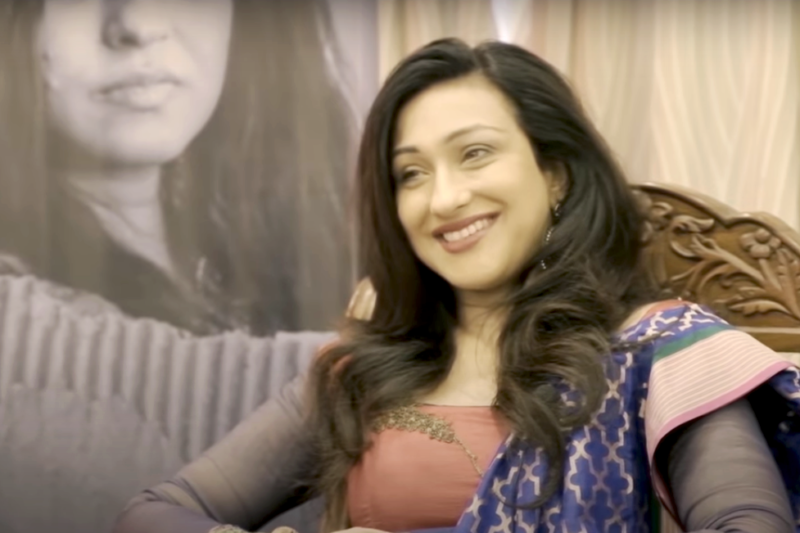Paatal Lok has created a buzz which perhaps no other web series coming out if India has ever created. Critically appreciated by the pundits and the public alike, Paatal Lok boasts of exemplary storytelling, brilliant cinematography, breathtaking acting display, social critique all while walking on a tightrope of staying neutral throughout. Prosit Roy, the co-director of Paatal Lok, spoke to Anindya and discussed his experiences of co-directing Paatal Lok.
Edited excerpts from the interview:
Anindya: Congratulations on the success of Paatal Lok. I concur with Anurag Kashyap who has said that Paatal Lok is perhaps the best web series to have come out of this country. How has the experience been post its release and particularly after all the critical appreciation that it has received?
Prosit: It feels great. When everybody around the globe is appreciating your work, it really feels great. When the appreciation comes from someone like Anurag Kashyap who has kind of been the torchbearer of modern independent cinema. His has been the kind of cinema that we have grown up seeing and when the appreciation comes from that person, it really really feels great. Also, when your parents come up to us and say that cinemar moto lagche (it looks like cinema), it’s something I really really cherish.
Anindya: This has been well established that in feature films the director is the king, but in the case of television or a web series, the writer is the king. For example, there have been many brilliant directors who have directed different episodes of Game of Thrones, but when we talk of showrunners, we talk of David Benniof and Dan Weiss. In the context of Paatal Lok, when you work with a writer like Sudep Sharma, is that statement true? If so, can you share something to elaborate?
Prosit: When I made Pari, I went in with confidence because I was the writer as well as the director. But, here I had to build that confidence as I was not the writer. So, I sat with Sudeep Sir, and me, Sudeep Sir and Avinash Arun (co-director), we locked ourselves together and we went over and over again over the different elements of the script to internalize it. Its a long process, the series is 9 episodes long. Its not possible for one person to keep track of everything while directing. That’s where you need a showrunner who has a bird’s eye view of everything and can guide you over the process. So even though the directors are changing, the showrunner is that one person who knows what happened on the first episode of the first season, which is going to affect the seventh episode of the fifth season.
Having said that, its a collaborative process with the script as the blueprint using which the cast and crew build the final product.
Anindya: How do you work with actors like Jaydeep, Swastika and Neeraj Kabi, who are all so at the top of their game? How do you even brief them? How do you collaborate with them, particularly when they themselves may have their own interpretations of the characters?
Prosit: I try to understand their interpretation of the character. When they are performing, what they are bringing in, and see if they are getting the motivations correct for the scene. Other than that, we discuss and do a lot of workshops. We discuss the backstories of the characters and try to get their motivations correct.
Anindya: There are certain scenes in Paatal Lok which are truly unspeakable, but they are not only well executed but superbly bring out and highlight the negative elements in the story. Take for example the scene where Chini was abused by Shakal, or the one where Tope Singh’s mother is raped. As a filmmaker, what was in your mind while preparing for those scenes? And, also as a filmmaker how do you decide which moral boundaries to cross or for that matter, not to cross while dealing with a subject like this?
Prosit: First of all, Avinash shot both the sequences, so I can only say what we discussed before he went ahead and shot the sequences. We never wanted to make it a sensation or we never wanted to titillate, the idea was to show a mirror to society and that was the objective always. So, what you see on screen is a reflection of that. We wanted to show it as it is in society so it creeps you.
Watch the full interview on youtube channel of Cybertalkies.






